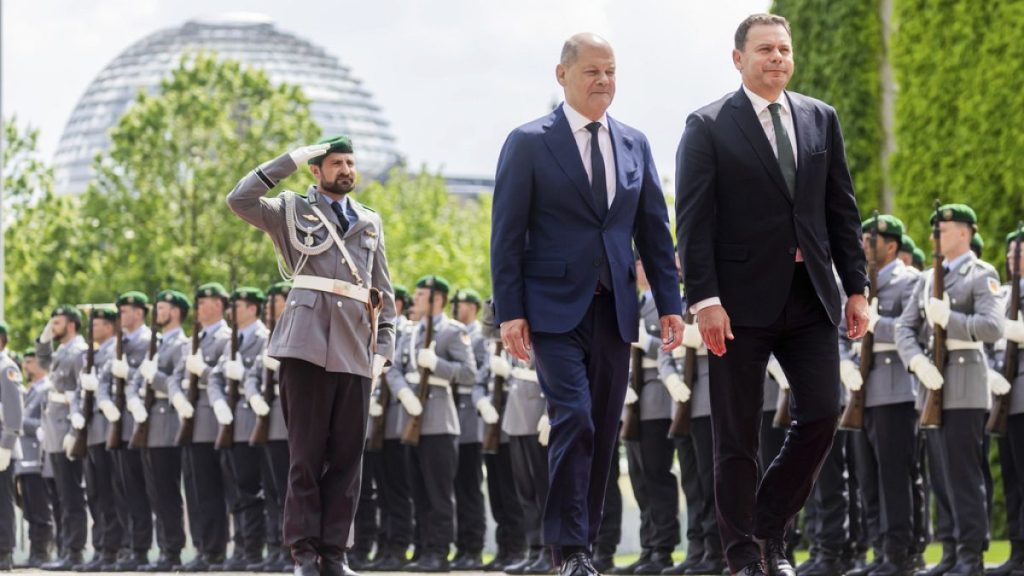German Chancellor Olaf Scholz has expressed concerns about the next president of the European Commission seeking support from far-right parties in the upcoming European elections. He believes that any alliances with far-right parties could pose challenges for the next EU Commission president in effectively leading the 27-bloc. Scholz emphasized that it would be a mistake for the future of Europe if the next Commission’s presidency relied on the support of right-wing extremists.
In his European election campaign, Scholz urged mainstream conservatives and liberals to reject alliances with far-right parties, as a major rightward swing is projected to occur in the upcoming vote. He stressed the importance of the next European Commission being formed with the support of traditional political groupings rather than those aligned with far-right ideologies. Scholz’s warning comes amid growing concerns about the rise of far-right parties and the potential impact they could have on the governance of the European Union.
The German Chancellor did not specify which statements he was referring to, but his remarks are likely to be seen as a caution to the current EU Commission President, Ursula von der Leyen. Von der Leyen, a member of Germany’s Christian Democrats, is expected to seek a second term and has not ruled out working with some members of far-right parties. Scholz’s words highlight the importance of maintaining a focus on traditional political alliances and values in the formation of the next European Commission.
Scholz’s warnings about the potential repercussions of aligning with far-right parties come at a critical time for the European Union as it prepares for the upcoming elections. The need for a strong and unified European Commission that is not reliant on the support of right-wing extremists is crucial for the future of Europe. The outcome of the elections and the formation of the next Commission will play a significant role in shaping the direction of the EU and its policies in the coming years.
As the leader of an unpopular progressive coalition in Germany, Scholz’s remarks carry weight and reflect the concerns of many within the European political landscape. The rise of far-right parties across the continent has sparked fears about the potential impact on EU governance and policies. Scholz’s call for mainstream conservatives and liberals to reject alliances with such parties underscores the need for unity and cooperation among traditional political groupings in order to effectively address the challenges facing Europe.
In conclusion, German Chancellor Olaf Scholz’s warnings about the dangers of seeking support from far-right parties in the formation of the next European Commission highlight the critical importance of upholding traditional political values and alliances. As the European Union prepares for the upcoming elections, the need for a strong and unified Commission that is not reliant on right-wing extremists is more important than ever. The outcome of the elections and the subsequent formation of the next Commission will have far-reaching implications for the future of Europe and the governance of the EU.













